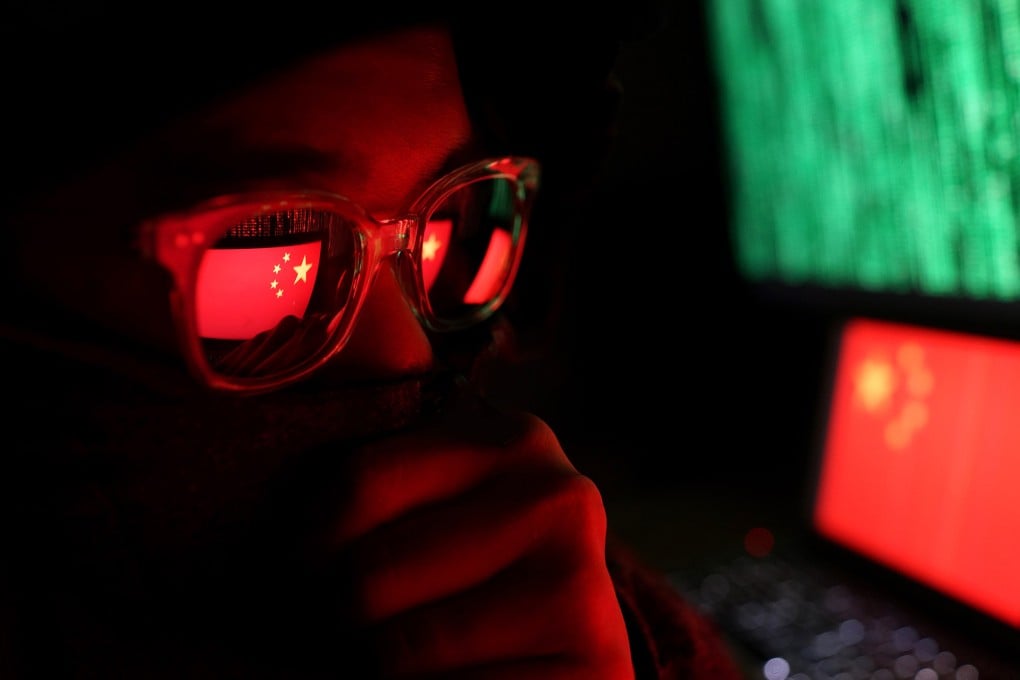China slams US over alleged Trojan horse attack on university servers
- Trojan virus attacks have stolen some 140 gigabytes of high-value data from networks across China in recent years
- Joint university and Qihoo 360 task force concludes the source to be cyber spying arm of US National Security Agency

This comes after a joint investigation by the university and cyber sleuths concluded that Trojan attacks which saw nearly 140 gigabytes of high-value data stolen in recent years from networks across China had originated in the United States.
The Chinese foreign ministry condemned the alleged hacking, saying “China firmly opposes any form of cyberattacks”.
“Maintaining cybersecurity is the common responsibility of the international community, and we are willing to work with the international community [for] … a shared future in cyberspace,” spokeswoman Mao Ning said after the findings were made public on Monday.

The probe was launched after Northwestern Polytechnical University reported to police in April that traces of cyberattacks had been found in their system.